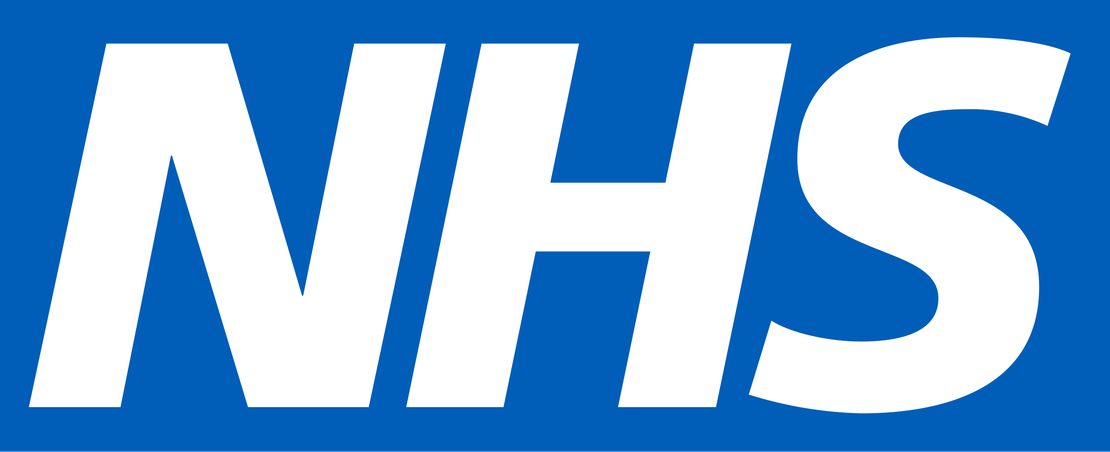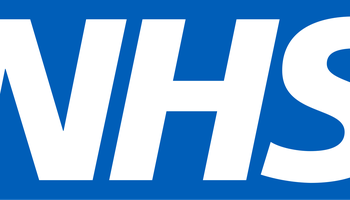
This document responds to the Department of Health and Social Care’s consultation on the Change NHS 10-Year Health Plan for England. As we outline in this response, we believe that NHS data infrastructure should be recognised as critical national infrastructure, requiring sustained investment and a comprehensive approach to governance, standards, and workforce development. This infrastructure underpins the transformation of healthcare delivery, supporting the shift from hospital to community, analogue to digital, and sickness to prevention.
Key elements of our response
- NHS data must be recognised as a national asset and remain in public ownership. Governance must remain within the public sector, overseen by those accountable to Parliament, with patients given a meaningful role in decision-making. Decentralised architectures that offer individuals direct access and control of their health data should be explored.
- Data standards are fundamental building blocks, not mere technical specifications. The adoption of standards like FHIR, Croissant, OpenActive, and Open Referral UK is crucial for interoperability, AI readiness, and effective service delivery. Standards must be developed openly with stakeholder input to ensure they meet real-world needs and maintain public trust.
- Secure data access, rather than data sharing, is key to innovation while protecting privacy. Initiatives like OpenSAFELY and the NHS's Secure Data Environment demonstrate how trusted research environments enable data-driven innovation while protecting patient privacy. Privacy-enhancing technologies (PETs) like federated learning offer great potential, allowing algorithms to access data without exchanging the underlying data itself.
- Building and maintaining public trust is paramount. This requires transparent governance, clear communication, meaningful patient involvement, and robust privacy protections. The failure of past initiatives demonstrates how quickly trust can erode when these principles are not upheld. The participation of the private sector must be under public stewardship, with ultimate custodianship of the data remaining in the public sector's hands.
- Social prescribing has the potential to transform healthcare delivery and generate substantial cost savings but requires robust data infrastructure to succeed. Integrating data standards like OpenActive and Open Referral UK, alongside a commitment to building data capabilities within community organisations, will enable the successful implementation and scaling of social prescribing initiatives.
At the ODI, we have extensive experience working on data infrastructure and governance initiatives in the healthcare sector, including collaborations with Moorfields Eye Hospital, Roche, and various social prescribing initiatives. We are also actively involved in developing and promoting data standards like Croissant and OpenActive. This experience has informed our recommendations for how data can be a foundation and driver of a more effective, efficient, and equitable health service in the decade ahead. Our work with Frontier Economics on social prescribing highlights the potential for data-driven approaches to divert millions of GP appointments annually, demonstrating the tangible benefits of investing in community-based care.
Finally, civil society must play a vital role in shaping the future of healthcare data. We advocate for involving diverse stakeholders, including patients, clinicians, community organisations, and researchers, in developing and stewarding data infrastructure and governance frameworks. This will ensure that the 10-Year Health Plan reflects the needs and perspectives of all those who rely on and contribute to the NHS.


